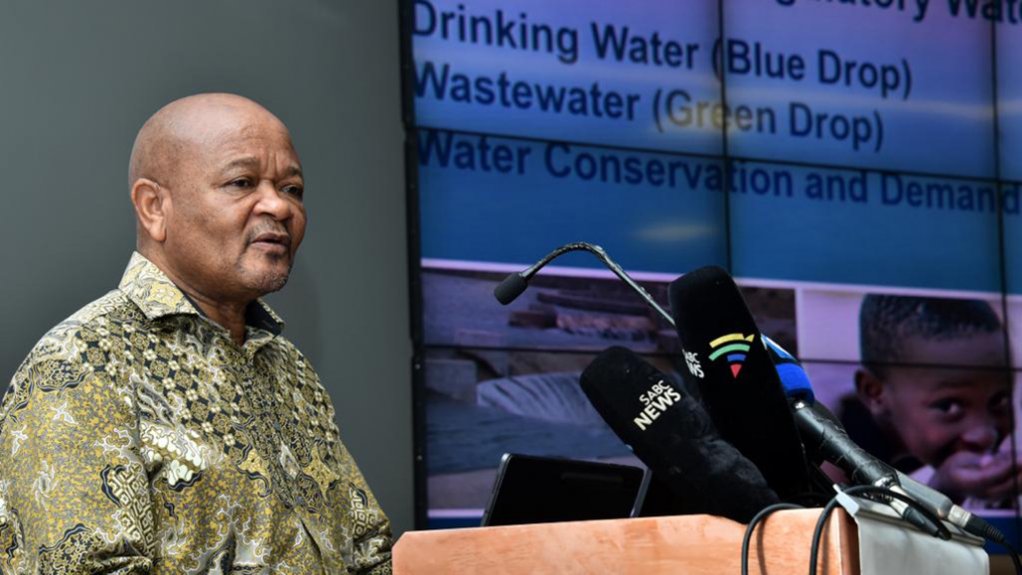The Department of Water and Sanitation (DWS) has officially launched four more Catchment Management Agencies (CMAs), adding to the two CMAs that have already been in existence for more than 10 years.
These are the Limpopo-Olifants, Vaal-Orange, Pongola-Umzimkulu and the Mzimvubu-Tsitsikamma CMAs, which will be working alongside the already existing Breede-Olifants and Inkomati-Usuthu CMAs.
These agencies are crucial in ensuring the protection and sustainable management of South Africa’s water resources and facilitating participative management, good water governance and integrated planning at the local level, Water and Sanitation Minister Senzo Mchunu told delegates at the Water Institute of Southern Africa Conference, being held in Durban.
“The role of the CMAs is to ensure that water resources in water management areas are protected, used, developed, conserved, managed and controlled in a sustainable and equitable manner for the benefit of all citizens.
“We are confident that the rationalisation will still achieve the Integrated Water Resources Management principle of decentralisation of water resource management to local level and contribute to the transformation of the water sector,” he said.
By decentralising water resource management, local communities are empowered and an environment where local knowledge and expertise play a pivotal role in decision-making processes is fostered.
“CMAs at local level will bring together stakeholders to build capacity around creating a climate resilient environment.”
The boards of the Pongola-Umzimkhulu and Vaal-Orange CMAs have already been appointed, effective from December 1, 2023, while the Mzimvubu-Tsitsikamma board has been finalised and is awaiting Cabinet concurrence.
Further, the advisory committee for the Limpopo-Olifants CMA has concluded its recommendations, with the vetting process for candidates currently underway.
“These steps mark significant progress in our mission to enhance cooperative governance and improve service delivery across the country. We are pleased with the progress we have made in the establishment of CMAs. It was indeed a lengthy process, but we managed to conclude it within two years because the water sector has seen the importance of these institutions at local level.”
He further said that a new dispensation was needed in the water and sanitation sector to certify proper water management and propel the country to greater heights that would realise water security for future generations.
“The current state of water and sanitation services challenges government and its partners to turn things around and set high standards for the water and sanitation sector. To a certain extent, water resource management has not received the attention it deserves,” Mchunu commented.
The reality is visible with the deterioration of the water quality of South Africa’s rivers, mostly owing to pollution emanating from mining activities, industry, agriculture and to a greater extent, from dysfunctional municipal wastewater systems.
“In our attempt to address this problem, we have established a national anti-pollution structure that will work with the DWS to curb pollution of our rivers and dams.”
“Water resource management is more than just a technical challenge. It is a societal imperative,” he concluded, emphasising that water resources were the lifeblood of the country and underpinned the health of its citizens, its economy and its environment.
EMAIL THIS ARTICLE SAVE THIS ARTICLE ARTICLE ENQUIRY
To subscribe email subscriptions@creamermedia.co.za or click here
To advertise email advertising@creamermedia.co.za or click here











